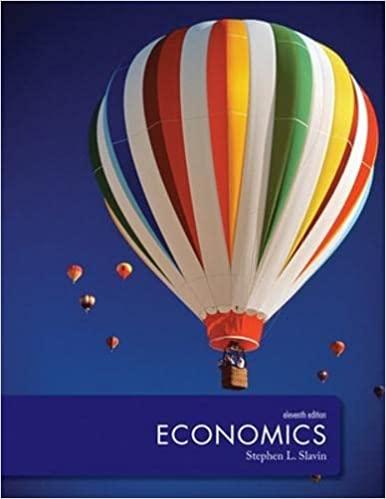Answered step by step
Verified Expert Solution
Question
1 Approved Answer
The currency turmoil in Asia in 1997 was unexpected, but Avon Products was prepared to deal with it. An examination of what Avon did before
The currency turmoil in Asia in 1997 was unexpected, but Avon Products was prepared to deal with it. An examination of what Avon did before the crisis and how it responded afterward illustrates many of the principles of managing operating exposures. It also provides insights into the role of financial officers as key members of strategic management teams. Avon has a long history of international operations. As a general rule, Avon tries to hedge its currencies risk by buying almost all its raw materials and making nearly all its products in the markets in which they are sold. For example, Avon Asia-Pacific has factories that make cosmetics in its largest markets – China, Indonesia, the Philippines, and Japan – and contracts out production in six other Asian countries. It further hedged its currency risk by financing its local operations with local currency loans. Altogether, the 10 Asian countries in which Avon operated accounted for USD751 million of its USD4.8 billion in revenue in 1996. When the crisis began in Thailand in July 1997, Avon’s executives did not anticipate that Thailand’s problems would spread but as a precaution decided to further reduce currency risk by having the Asian units remit earnings weekly instead of monthly. By late August 1997, however, the currency markets got nervous after the remarks of former Malaysian Prime Minister Tun Mahathir Mohamad, who complained that Asia’s economic crisis was provoked by an international cabal of Jewish financiers intent on derailing the region’s growth. The head of Avon’s Asia-Pacific region, Jose Ferriera, Jr., also considered possibility that other Asian countries would have to allow their currencies to depreciate to maintain their export competitiveness. In response, Avon decided to sell about USD50 million worth of five Asian currencies forward against the dollar for periods of up to 15 months. Having done what it could financially, Avon turned to its operating strategy. Anticipating tough times ahead, Avon Asia-Pacific decided to redirect its marketing budget to hire more salespeople in Asia to bring in more customers rather than offering incentives to the existing sales force to get its current, cash-strapped customers to spend more money. Ferriera also urged his country managers to step up their purchase of local materials whenever possible and not allow local vendors to pass on all their cost increases. At the same time, Avon began planning to compete more aggressively against disadvantaged competitors who have to import their products and raw materials. Finally, Avon began to analyze the incremental profits it could realize by using its Asian factories to supply more of the non-cosmetic products sold in the United States. Avon Asia-Pacific was helped by a team of Latin America executives who traveled to Asia to share their experiences of how they had managed to cope in similar circumstances of currency turmoil in their countries. For example, during the Mexican crisis of 1994 and 1995, prices were raised slowly on price-sensitive brands aimed at low- and middle-income customers. Avon Mexico raise prices on premium brands much faster, since those brands were less price sensitive and competed with imports whose prices had doubled with the peso devaluation. In all of these deliberations and decisions, Avon Treasurer Dennis Ling was a full and active participant. For example, he helped the head of Avon’s jewelry business renegotiate the terms of its contract with a Korean company that supplies jewelry for sale in the United States. The result was a substantial price discount based on the won’s steep decline against the dollar. According to Ling, “Part of my job is to help our managers of operations understand and take advantage of the impact of currencies on their business.” Required* Why Avon Asia-Pacific decided to redirect its marketing budget to hire more salespeople in Asia rather than offering incentives to the existing sales force, and urged his country managers to purchase local materials instead of pass to local vendors? Conclude the benefits earn by Avon from its diversification internationally and diversification of its product. Answer
Step by Step Solution
★★★★★
3.34 Rating (151 Votes )
There are 3 Steps involved in it
Step: 1
Avon earns multiple benefits from its diversification internationally and diversification of its pro...
Get Instant Access to Expert-Tailored Solutions
See step-by-step solutions with expert insights and AI powered tools for academic success
Step: 2

Step: 3

Ace Your Homework with AI
Get the answers you need in no time with our AI-driven, step-by-step assistance
Get Started


